By The Independentist news Press Team London office | June 2025
Mr. President, thank you for speaking with The Independentist, an outlet committed to truth, neutrality, and self-determination. This conversation seeks—openly and honestly—to reflect on your tenure as President of the Federal Republic of Ambazonia, a government-in-exile born of a people who were denied their independence and rather, coerced into a Neo-colonial union.
Ambazonians everywhere, along with a watchful global community, seek both accountability and direction. What began as a lawful demand for justice became a fight for survival—marked by diplomatic betrayal, brutal repression, mass displacement, and remarkable resilience.
Let us begin.
Q1 Who is Dr. Samuel Ikome Sako, and how did you come to lead this liberation journey?
President Sako: I thank The Independentist for providing this platform—and for your recent, in-depth research and analysis. I am a development strategist, a conflict-resolution practitioner, and a son of Ambazonia. Like most of our people, I was not born into politics; I was propelled by duty. When our peaceful uprising was nearly crushed—our leaders abducted and deported—the people demanded continuity. I was elected by an electoral college of Southern Cameroons civil-society leaders and nationalists to provide leadership, structure, and an international voice to a dispossessed nation.
Q2 It has been more than eight years, Mr. President. Are you tired—and how is your family coping?
President Sako: This journey has tested every fibre of our being. As a husband and father, my family’s support is my anchor. Am I tired? No. I am driven. When your people are under occupation, fatigue yields to duty. I draw strength from the resilience of the Ambazonian people.
Q3 This struggle’s roots lie in legal history and international treaties. How did a seemingly resolvable dispute descend into war?
President Sako: Because international law without enforcement is fiction. The trusteeship, the plebiscite, the union—everything was manipulated. The UN failed to enforce its own resolutions, and Cameroon militarized what should have been a negotiated settlement. We protested peacefully. In return we received bullets, burning villages, mass graves. That is not a failure of law; it is a failure of conscience.
Q4 Your administration formalized and decentralized self-defense. Has that strategy worked?
President Sako: Yes. We transformed fragmented resistance into a community-rooted deterrent. Area Commands and Self-Defense Councils have disrupted enemy operations, enforced strategic lockdowns, and offered localized security in the absence of a national army. It is not perfect, but under enormous constraints it works. Our role is to provide a focal point of authority—guidance and directives that prevent opportunists from hijacking the struggle and that make a negotiated settlement possible.
Q5 Many fighters voice frustration over lack of support. How do you respond?
President Sako: Their frustration is valid. Our volunteers are the first and greatest resource of this endeavor; their contributions outweigh any token help from the diaspora. No country—not even developed ones—can wage war without external assistance, yet we continue. We are not rich in resources, but we are rich in determination. What little we receive goes directly to those who need it most. Coordination between community leaders and the Defense Desk has improved logistics and transparency, despite the regime’s blockade—military, diplomatic, and financial.
Q6 Allegations of embezzlement persist. What reforms ensure transparency?
President Sako: Since 2019 there have been zero proven cases of embezzlement. Mismanagement sometimes occurs when funds leave central control and enter a precarious war-zone supply chain—that is a reality of this informal war economy, not theft. To curb any abuse we instituted a decentralized treasury: 62 LGAs, 13 counties, and a federal treasury, each with elected financial officers. Regular, multilevel audits are mandatory. War does not excuse corruption; accountability is foundational.
Q7 What became of the My Trip to Buea funds?
President Sako: The Presidency did not manage those funds. Mistakes by implementers—some of whom have since left—were documented. We restructured financial oversight so presidential appointees are accountable, removable, and subject to inquiry. A complete MTTB audit will be reviewed in Buea; every culprit, dead or alive, will answer. Continuing to debate it now distracts from the reforms already enacted to prevent any recurrence.
Q8 You have dismissed close allies. Was that political—and do you regret it?
President Sako: I have not dismissed anyone unilaterally. Under our constitution, only the National Assembly can impeach the President, the Speaker, or the Chair of Ethics; other officials serve at the pleasure of their appointing authority. Cabinet recommendations from Parliament are exactly that—recommendations. When individuals effectively dismiss themselves through their actions or absences, I merely acknowledge the reality. People may retire from active duty, yet remain part of the government in spirit; the struggle predates any formal office.
Q9 Why have Britain and the Commonwealth remained silent?
President Sako: While we condemn their silence—given their historic human-rights posture—we must keep engaging them so conscience prevails. International relations pivot on interests, not justice. Ambazonia is ignored not because our case lacks merit, but because it upsets colonial bargains. Britain handed us over in a handshake; the Commonwealth has failed its moral test. We therefore speak the language of interests—trade, security—while remembering liberation cannot be outsourced.
Q10 Has Ambazonia received any state-level support?
President Sako: We have institutional recognition of the legitimacy of our case—debates and resolutions in the UK Parliament, U.S. Congress, Canada, Switzerland, and the EU. Material or strategic support has not yet followed; history shows such backing often comes progressively in liberation struggles.
Q11 You withdrew from the Canadian process. Did Ottawa ever apologize?
President Sako: Yes. The HD team privately expressed regret. The process lacked neutrality and sought to manage us, not mediate. We refused to be walked over. Any future dialogue must treat the Federal Republic of Ambazonia and La République du Cameroun as equals, just as in Foumban.
Q12 Is the ICC investigating war crimes in Ambazonia?
President Sako: Yes. Multiple filings exist. Our Legal and Human Rights Desk submitted a comprehensive dossier—with affidavits, chain-of-custody documentation, and forensic evidence—linking Nigeria and France where jurisdiction allowed. Based on ICC responses, the Court is acting on those petitions.
Q13 Have you reached out to Pope Leo XIV?
President Sako: We have done so through diplomatic and ecumenical channels. The previous pontificate remained neutral; we hope Pope Leo XIV will speak out. Silence in the face of genocide is complicity.
Q14 How do you respond to the silence—or complicity—of Ambazonian-based Catholic prelates such as Archbishop Nkea and Bishop Bibi?
President Sako: Their silence amid massacres and displacement betrays their spiritual calling. We suspect political ambition—a desire for Yaoundé’s favour. History will judge. We hope repentance finds them before regret does. By contrast, Cameroon’s Bishop Ndogmo and South Africa’s Desmond Tutu showed moral courage; our prelates have disappointed a populace that once looked to them for truth.
Q15 The revolution appears fractured. Has the government fueled these divisions?
President Sako: Disagreement is inherent in revolutionary politics. Yet since 2017 only one government structure endures; others are fragments—individuals drifting away. That is normal in any movement.
Q16 Critics say the diaspora is disconnected from the home front. Your view?
President Sako: Our roles have differed from the outset. The struggle began at home; the diaspora organizes to support, guide, and educate. As long as we fulfil those functions, there is no disconnect.
Q17 Do you still consider yourself the legitimate President?
President Sako: Legitimacy in a liberation movement rests on popular endorsement. Travel from Ekona to Kikaikilaki and ask who leads. Then return and tell me what you heard.
Q18 Those on the home front ask: Is freedom certain? Where is the revolution headed?
President Sako: Freedom is never given; it is earned. Yes—victory is certain. Every liberation war reaches a midpoint when victory becomes inevitable. We have crossed that line.
Q19 Ambazonian refugees are scattered worldwide, many in deplorable conditions. Your message?
President Sako: To every Ambazonian in exile—in Nigerian forests, Cameroonian camps, or urban shadows across the Americas and Europe—your pain is known, your sacrifice sacred, your dignity intact. You are not abandoned; you are living witnesses to persecution, giving our cause moral clarity. Your repatriation is a strategic objective. One day you will return—not as beggars, but as citizens—to rebuild Ambazonia and to heal alongside her. Until then: stay strong; help is coming.
Q20 Will you run for President in a future Ambazonian republic?
President Sako: I do not live in hypotheticals. My current mandate is liberation. Without success, there will be no elections. Once we are free, the people will choose their leaders.
Q21 What roles do women and youth play in your liberation vision?
President Sako: Youth are our muscle—the bedrock. Women fund this revolution, bury the dead, sustain families, and resist the enemy without fear—from buyam-sellam traders to local farmers. Our constitution will enshrine gender parity, youth inclusion, and reforms ensuring the future belongs to the people who built it.
Q22 How will you prevent Ambazonia from becoming another failed African state?
President Sako: Post-liberation failure stems from corrupt elites who hijack the commonwealth. We will build institutions, not personalities—uphold accountability, reward patriots, and stamp out corruption.
Q23 Your final message to Ambazonians worldwide?
President Sako: This is a two-phase struggle: liberation now, politics later. We cannot erect a new state while playing politics in the old order. Let us focus. Let us fight. Let us win—then we can govern.
Mr. President, thank you. This was no ceremony; it was an audit. Ambazonians, weigh these words against your hopes, pain, and sacrifices.
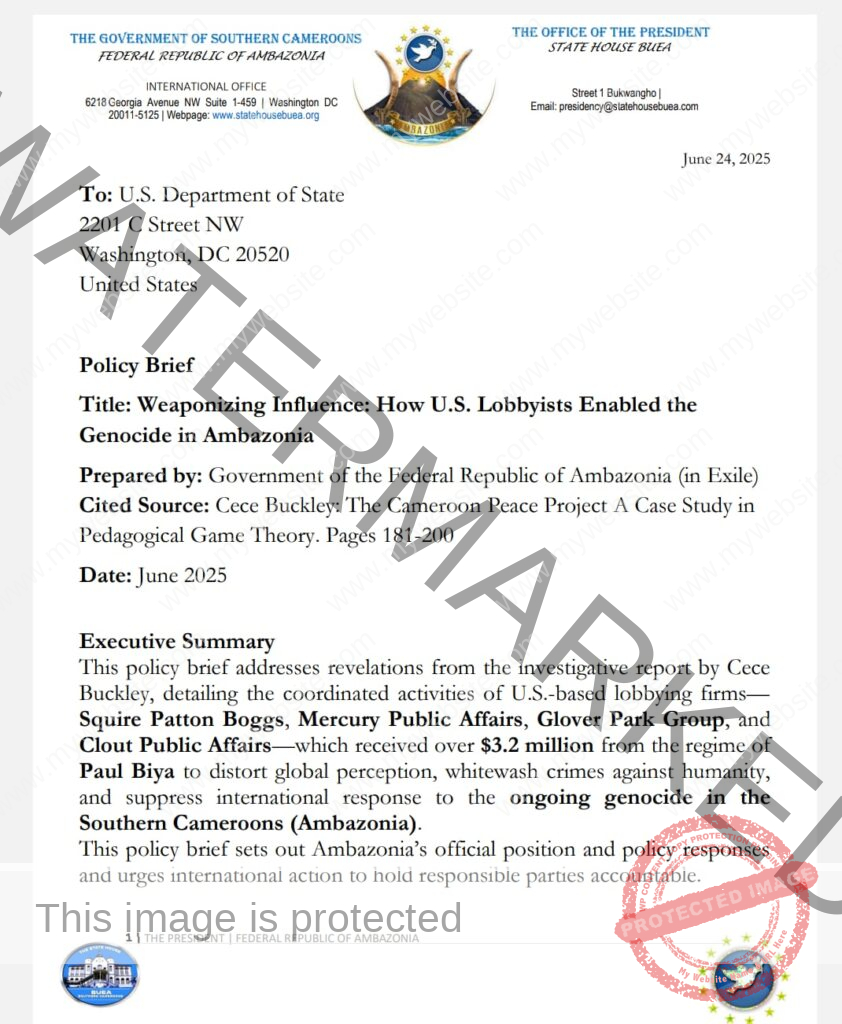
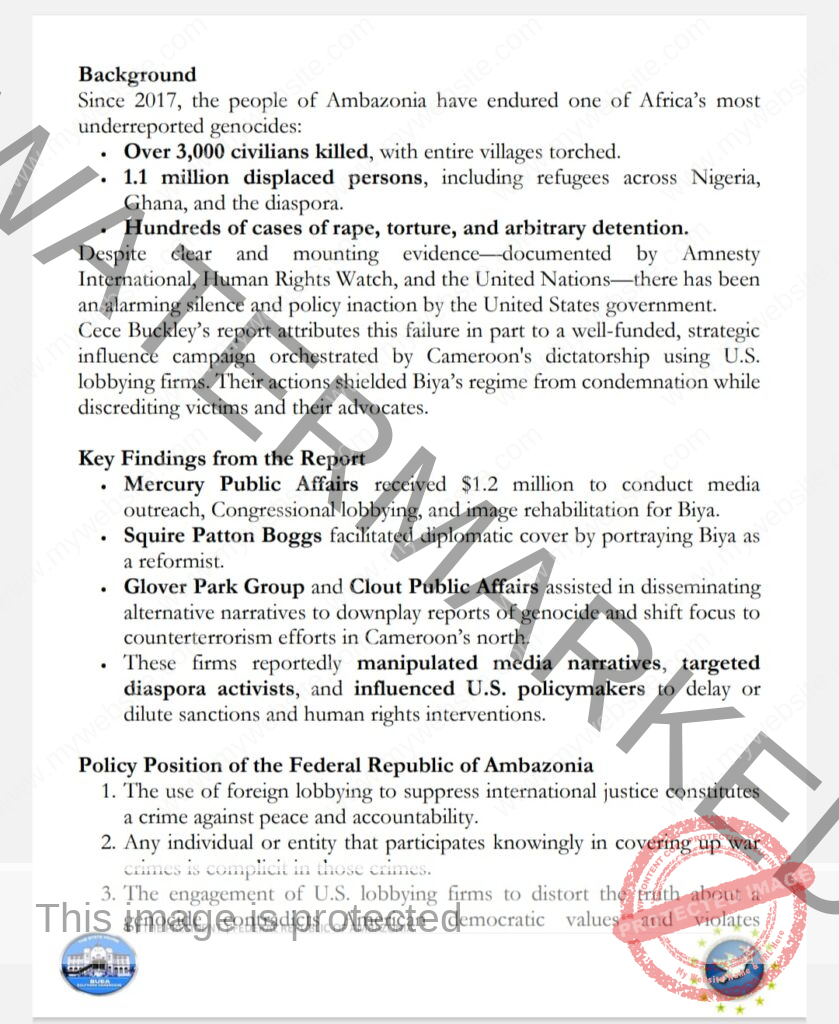
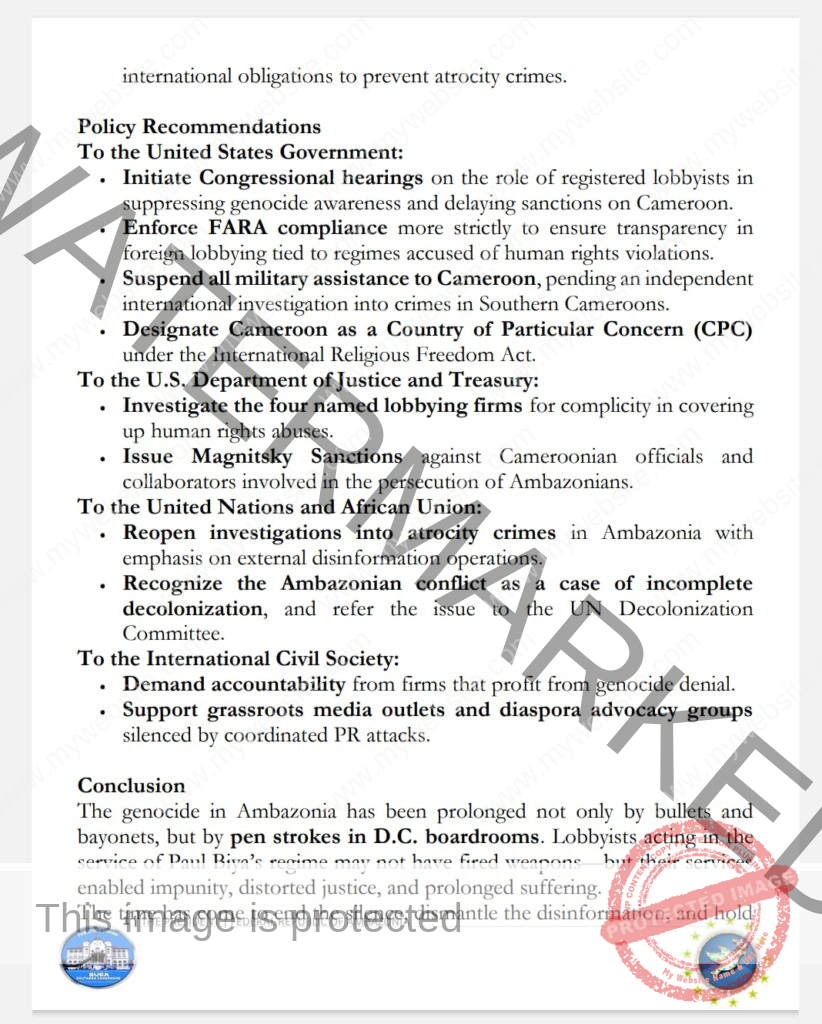
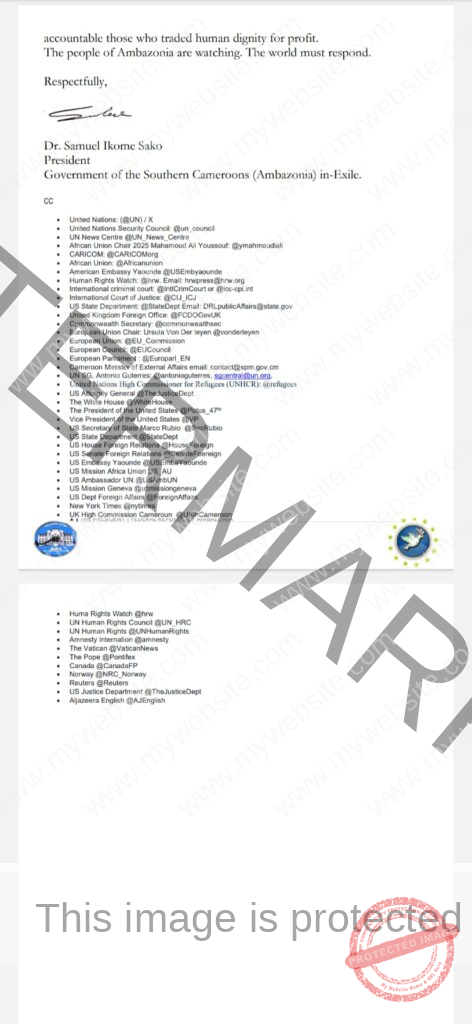













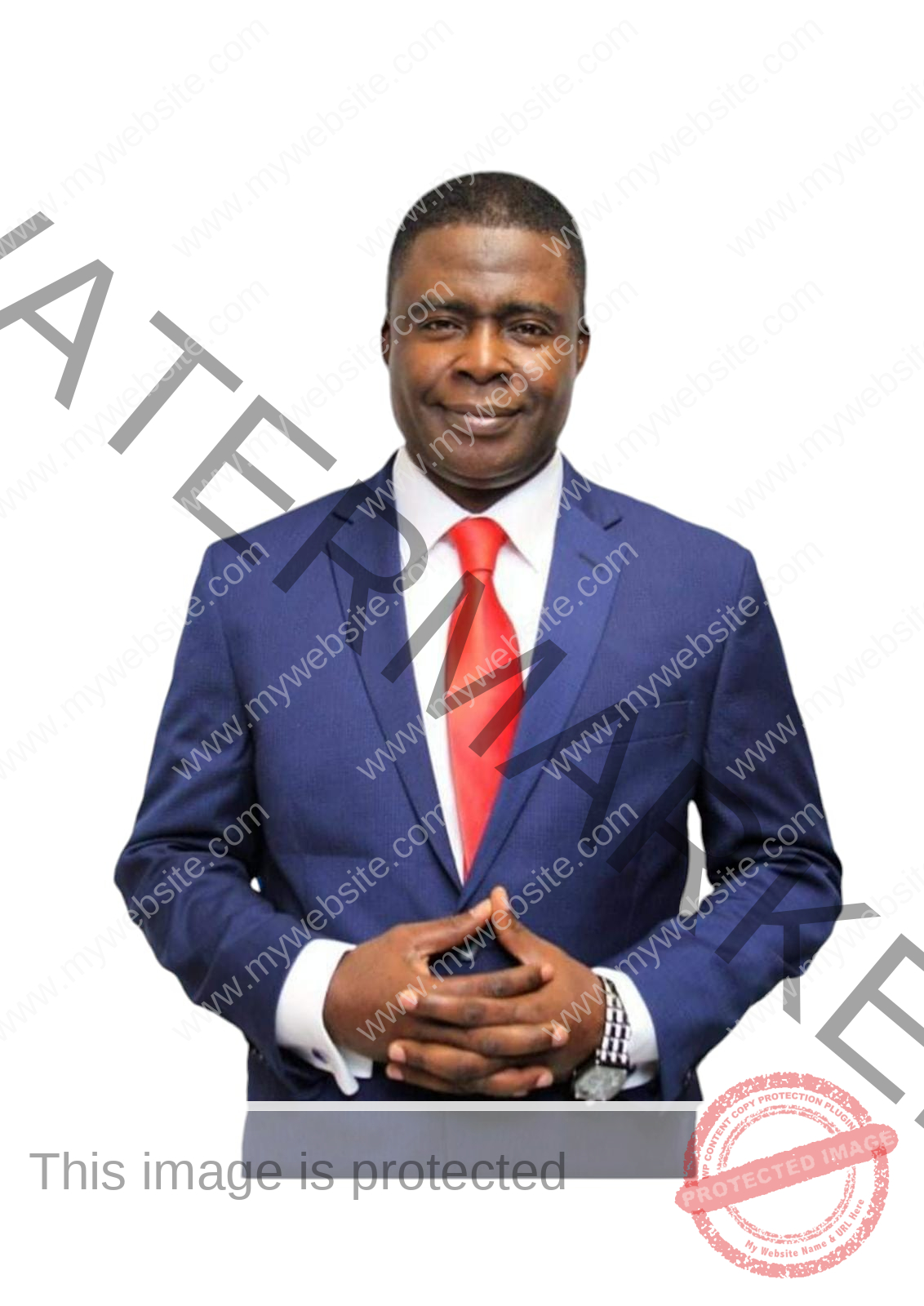
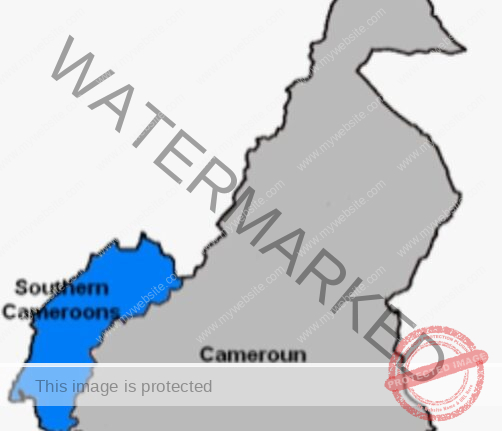


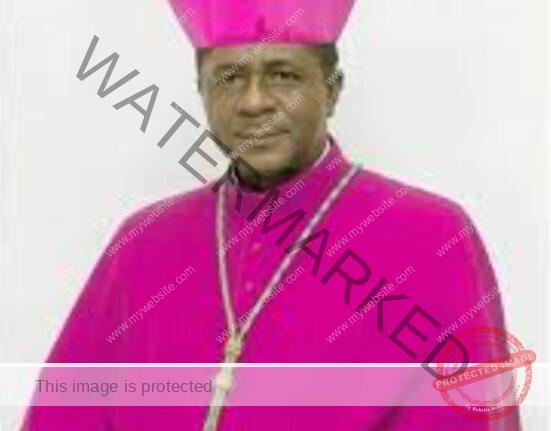
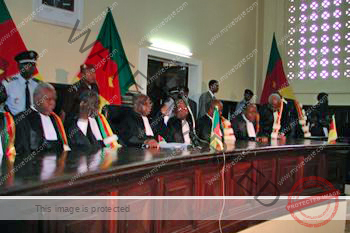
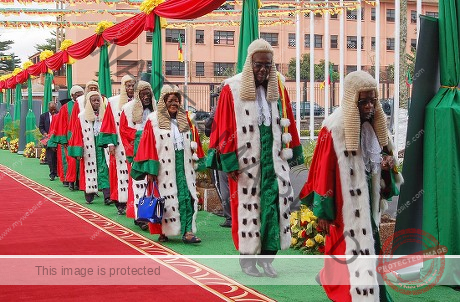

Leave feedback about this